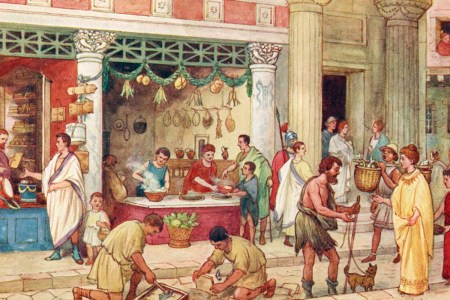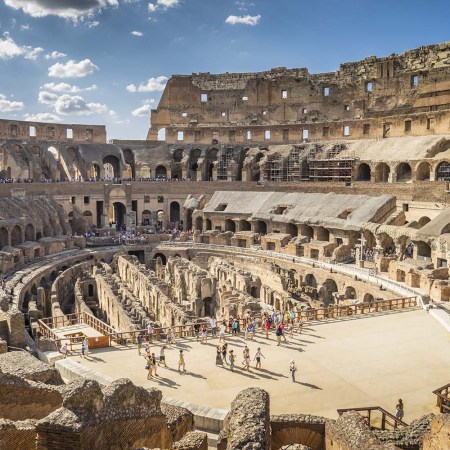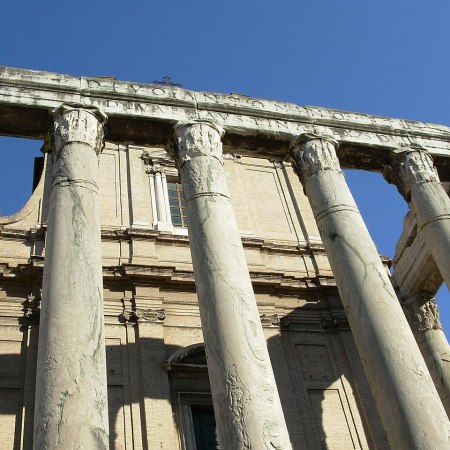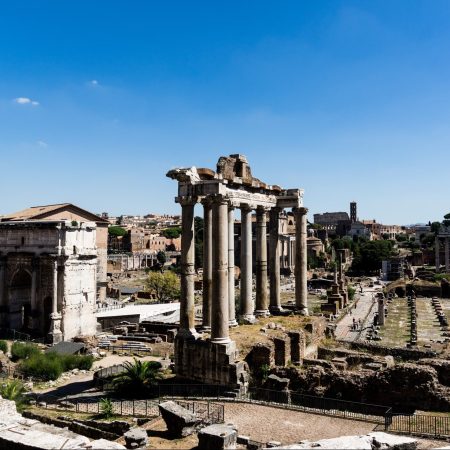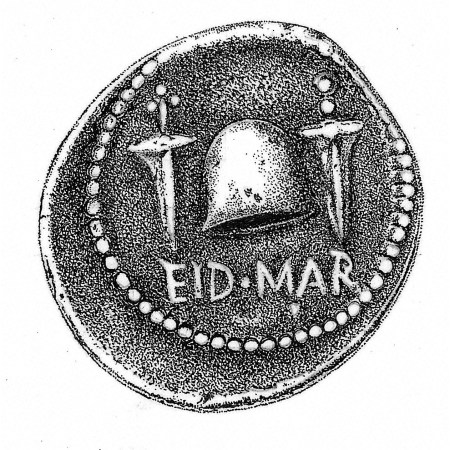When Mount Vesuvius erupted in 79 A.D., the effects were widely felt in the region, including the deaths of thousands of area residents and the effective destruction of Pompeii and Herculaneum. In the centuries since then, those sites have drawn numerous archaeologists seeking to better understand what everyday life was like in both cities at that time in history. And while certain objects have remained intact, there’s also the matter of documents that were badly burned. Clearly whatever was on those documents is lost to history…right?
Here’s where advances in modern technology enter the picture. And while AI might not be in a state where it can answer pressing questions about religious restrictions on food, it has proven significantly better at analyzing massive amounts of data — like, say, the contents of an ancient scroll that has experienced severe heat damage.
As Francesca Aton explained at ARTnews, Brent Seales has been exploring how technology can help explore objects that are too delicate to manipulate using tools. He first scanned a scroll found in Herculaneum in 2009, but encountered an issue that advances in digital storage would soon resolve: there wasn’t enough space to store the results of the scans. “We didn’t have a computer when we got back from our first scanning session that could actually load the whole thing into memory,” he told ARTnews.
The latest step in Seales’s years-long effort to retrieve information believed lost involved using AI technology to, as Aton phrased it, “enhance and make legible the ink” on the scrolls.
The Internet’s Newest Conspiracy Theory Is That Ancient Rome Never Existed
Historians are dunking on one TikTok user for claiming that “Ancient Rome isn’t real”With the addition of some deep-pocketed backers, including a onetime CEO of GitHub, an initiative called the Vesuvius Challenge was born. The project’s goal is for scientists and programmers to use machine learning technology to review the scans and determine what was written on them. They’ve made some breakthroughs already — and awarded a million dollars in prizes — but the Challenge’s organizers are thinking bigger.
“[W]e want to go from reading 5% of one scroll to reading multiple complete scrolls,” the organizers stated on the project’s website. And with a little time and initiative, perhaps 21st century technology can unlock the mysteries of the past.
This article was featured in the InsideHook newsletter. Sign up now.

